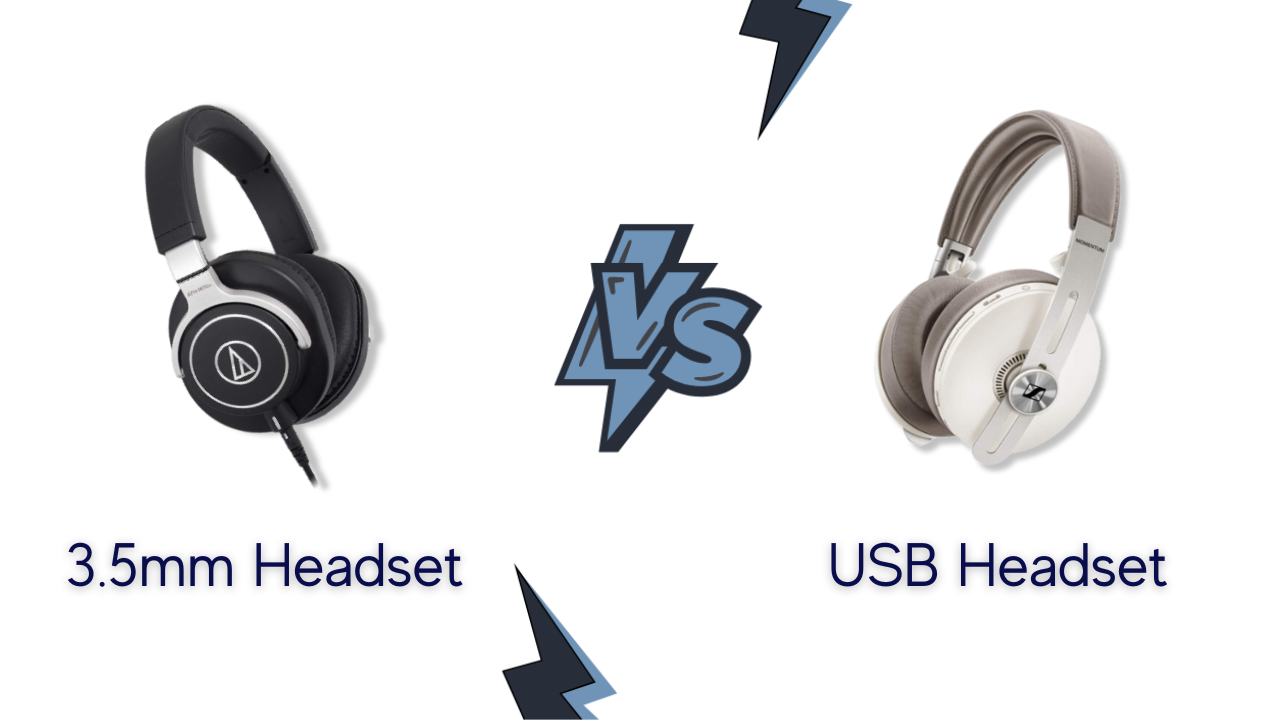
Are you trying to decide between a 3.5mm vs USB headset? It can be difficult to figure out which is right for you, so let us help! We’ve compiled a comprehensive review of 3.5mm vs USB headsets to help you make the right choice.
Whether you’re looking for comfort, sound quality, or affordability, our review will provide you with all the information you need to make an informed decision. Keep reading to find out which type of headset is right for you!
Regarding gaming headsets, there are two main types of connections – 3.5mm and USB. A 3.5mm headset uses a single audio jack with two prongs. This type of connection is typically found on most smartphones, tablets, laptops, and desktop computers. 3.5mm headsets provide clear sound but may not offer the best audio quality compared to other connections.
On the other hand, USB headsets use a single audio jack with four prongs connected to a computer via a USB port. This type of connection provides improved sound quality and a better ability to handle multiple audio channels. It also offers higher latency levels, which is beneficial for gamers who need real-time audio feedback. However, USB headsets are generally more expensive than 3.5mm headsets and may require additional software for certain features.
Also Read: Skullcandy Headphones Vs Beats
3.5mm Vs USB Headset: Key Features
| Features | 3.5mm Headset | USB Headset |
|---|---|---|
| Compatibility | 3.5mm audio jack | USB port |
| Sound quality | Good | Excellent |
| Digital signal processing | Limited | Advanced |
| Latency | High | Low |
| Power source | No additional | USB port |
| Portability | Highly portable | Less portable |
| Customization | Limited | Extensive |
| Durability | Average | Average to High |
| Interference | Susceptible | Resistant |
| Microphone | Optional | Often included |
| Noise cancellation | Passive | Active |
| Surround sound | Limited | Available |
| Battery life | N/A | Hours |
| Price range | Low to high | Medium to high |
Recommendations
3.5mm Vs USB Headset: 3.5mm
| Design | Model | Retailer |
|---|---|---|
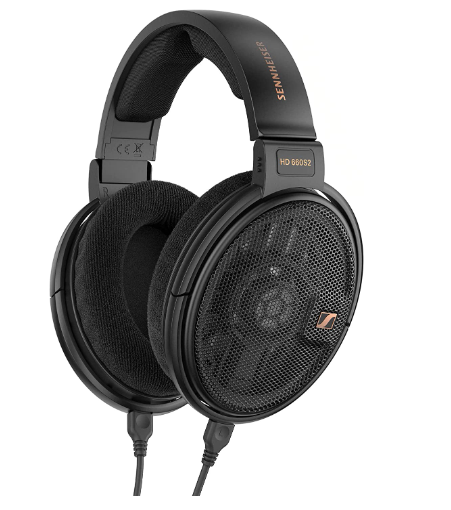 |
SENNHEISER HD 660S2 – Wired Audiophile Stereo Headphones | Check Price |
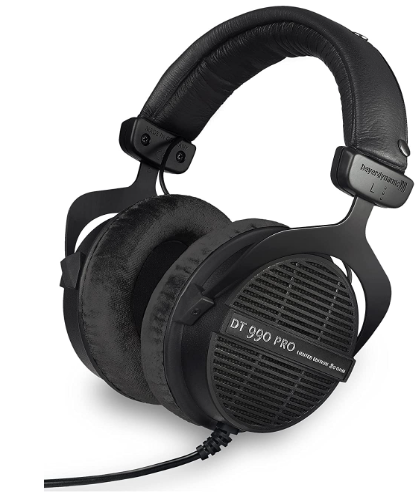 |
Beyerdynamic DT 990 Pro 80 ohm Over-Ear Studio Headphones | Check Price |
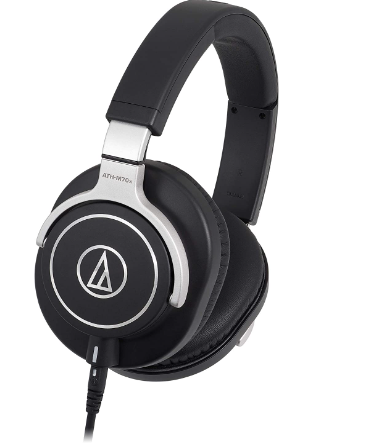 |
Audio-Technica ATH-M70X Closed-Back Dynamic Professional Studio Monitor Headphones | Check Price |
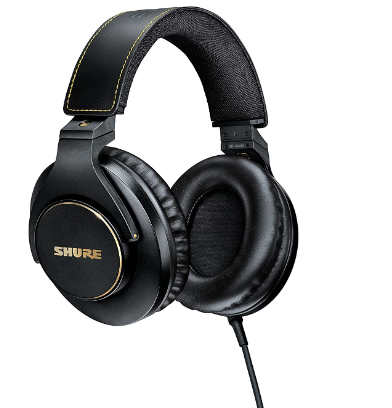 |
Shure SRH840A Over-Ear Wired Headphones | Check Price |
3.5mm Vs USB Headset: USB
| Design | Model | Retailer |
|---|---|---|
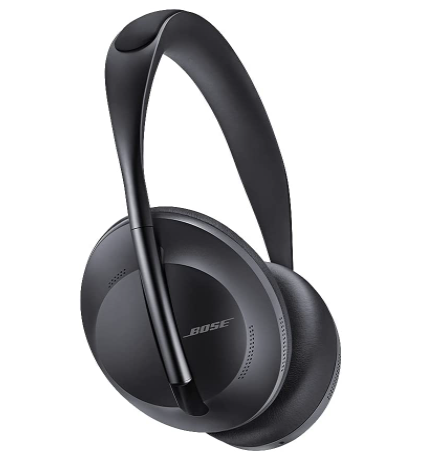 |
Bose Noise Cancelling Headphones 700 | Check Price |
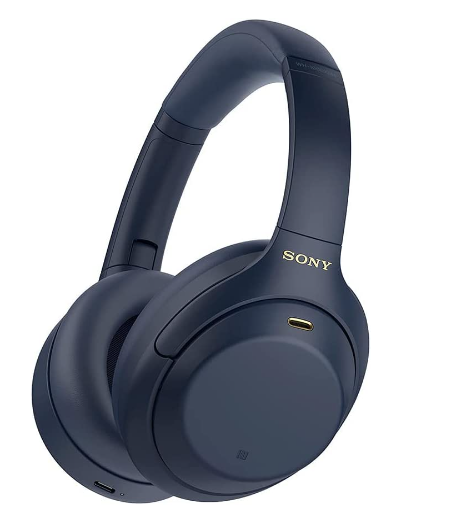 |
Sony WH-1000XM4 Wireless Premium Noise Canceling Overhead Headphones | Check Price |
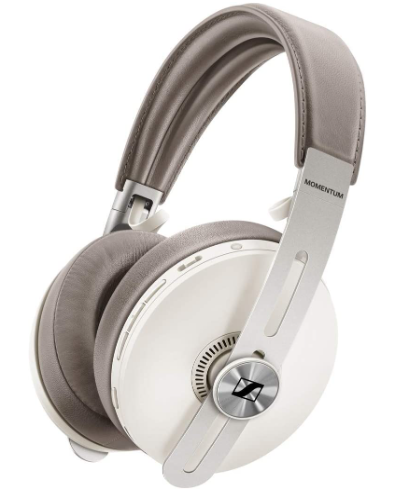 |
Sennheiser Momentum 3 Wireless Noise Cancelling Headphones | Check Price |
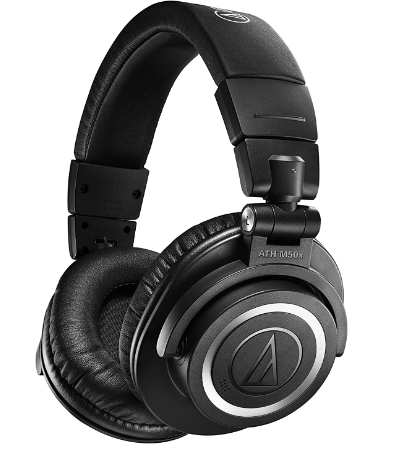 |
Audio-Technica ATH-M50xBT2 Wireless Over-Ear Headphones | Check Price |
Detailed Comparison
Sound Quality
Lets compare the sound quality of 3.5mm and USB headsets.
| 3.5mm Headset | USB Headset |
|---|---|
| 3.5mm headsets tend to provide an impressive sound quality with minimal distortion, particularly compared to other headsets with similar prices. | USB headsets offer better sound quality than 3.5mm headsets due to their superior hardware. |
| They have a wide frequency range and good sound reproduction capabilities. | They provide the clearest sound and have the widest frequency range, allowing for an incredibly immersive experience. |
| They are great for listening to music, podcasts, or any audio-based activities. | They also provide a more balanced sound than 3.5mm headsets, making them better for gamers or people who need to hear audio accurately. |
Latency
Regarding sound delay or latency, 3.5mm headsets generally have lower latency than USB headsets. This is because 3.5mm headsets do not require any software to run, and the sound signal is sent directly from the source device to the headset without any extra processing time.
On the other hand, USB headsets have a slightly higher latency since the sound signal has to be processed through the USB port before reaching the headset. Additionally, some USB headsets may have extra delays due to their onboard processing chips that add an extra layer of audio processing before the sound reaches your ears.
So when choosing between a 3.5mm vs USB headset for gaming or other applications where latency is a factor, 3.5mm headsets generally have a slight advantage over their USB counterparts.
Interference
Both 3.5mm vs USB headsets are susceptible to interference, which can lead to audio issues such as crackling and skipping.
| 3.5mm Headset | USB Headset |
|---|---|
| 3.5mm headsets generally use analogue audio signals that travel through a wire. This means that they are more prone to interference from other electronic devices. | USB headsets, on the other hand, use digital audio signals that are transmitted through the USB connection. As a result, they are less likely to be affected by interference from other electronic devices. |
USB headsets can also provide better sound quality since digital signals can be more accurately transmitted with less noise or distortion.
Microphone
Regarding the quality of the microphone, both 3.5mm vs USB headsets have pros and cons. For example, a 3.5mm headset offers better sound quality than a USB headset, while a USB headset has superior noise cancellation capabilities.
That said if you need a headset for recording or streaming, a USB headset will be your best bet as it will provide more accurate and clear audio capture than its 3.5mm counterpart.
On the other hand, if you’re looking for a headset to take phone calls or make voice commands to your device, a 3.5mm headset may be the better choice due to its higher sound quality. Ultimately, when deciding between a 3.5mm vs USB headset, it’s important to consider your specific needs and decide which one will provide the best microphone experience for you.
Compatibility
For compatibility, 3.5mm headsets and USB headsets offer different options.
| 3.5mm Headset | USB Headset |
|---|---|
| A 3.5mm headset is designed to be used with various devices, including phones, computers, tablets, and more. | USB headsets are designed to be used primarily with computers and are not as compatible with other devices. |
When choosing between a 3.5mm vs USB headset, it is important to consider what type of device you will be using it with to make the best choice for your needs.
Portability
When it comes to portability, both 3.5mm vs USB headsets have their advantages and disadvantages.
| 3.5mm Headset | USB Headset |
|---|---|
| 3.5mm headsets are known for their portability since they don’t require a power source and are much smaller than USB headsets. It makes them ideal for gamers who travel frequently or need to pack their headsets away between uses. . | USB headsets offer better sound quality than 3.5mm headsets, but they require a power source and tend to be larger, making them less portable. USB headset is the better option, if you want a more portable headset that offers good sound quality. |
Overall, if portability is your primary concern, a 3.5mm headset would be your best bet, as it offers the most convenience without compromising sound quality. If sound quality is more important to you than portability, then a USB headset is probably the better choice. Ultimately, the decision will depend on what your needs are when it comes to 3.5mm vs usb headset portability.
durability
When it comes to how long the 3.5mm vs USB headset will last, it’s difficult to draw a direct comparison. Generally, 3.5mm headsets are sturdier and more reliable than USB headsets. 3.5mm headsets are built with tougher plastic and often feature higher quality connectors and wiring that help them withstand being pulled on, bent, and tugged. Additionally, the connectors are more resistant to wear and tear over time.
On the other hand, USB headsets have a similar build quality, but the actual port can suffer from increased wear and tear due to frequent plugging and unplugging. The plastic casing of the headset itself may also degrade over time, leading to breaks or cracks in the material. That said, if you’re using a high-quality USB headset, you should find that it is quite durable as long as you’re careful with it.
3.5mm Vs USB Headset: Pricing
The pricing of any type of headset depend on the features and requirement.
| 3.5mm Headset | USB Headset |
|---|---|
| 3.5mm headsets entry-level models are available for as little as $90, while mid-range models can range up to around $400. | USB headsets typically start at around $120 and can range up to a few hundred dollars. Ultimately, the price of a 3.5mm vs USB headset depends on the features you require and the desired sound quality. |
3.5mm Vs USB Headset: Pros and cons
3.5mm Headset
Pros:
You can use them on almost any computer, laptop, tablet, smartphone, and even game console.
Can be used with an adapter for most other audio devices, such as digital audio players or home theater systems.
3.5mm headsets generally provide good audio quality at an affordable price.
They are wired, and they tend to have less latency and interference than wireless headphones.
Cons:
The main downside of a 3.5mm headset is its portability. Since they have a cord, they are not as easy to carry around as wireless headphones.
They are more susceptible to damage than wireless models.
They are less expensive than USB headsets, but this also means they may not have as many features as their more expensive counterparts.
USB Headset
Pros:
Better sound quality, since USB headsets can convert digital signals to analog ones.
Low latency, so your audio won’t lag behind the video.
Stronger connection and fewer interferences compared to 3.5mm headsets.
Built-in microphone, making it easier to use for video calls and streaming.
Wider compatibility, which means you can use them with almost any device.
More features like noise-cancellation, bass boost and more.
Cons:
Expensive compared to 3.5mm headsets.
Bulky and heavy due to the extra hardware in the headphones.
Limited portability because of its size.
3.5mm Vs USB Headset: Which One Should You Buy?
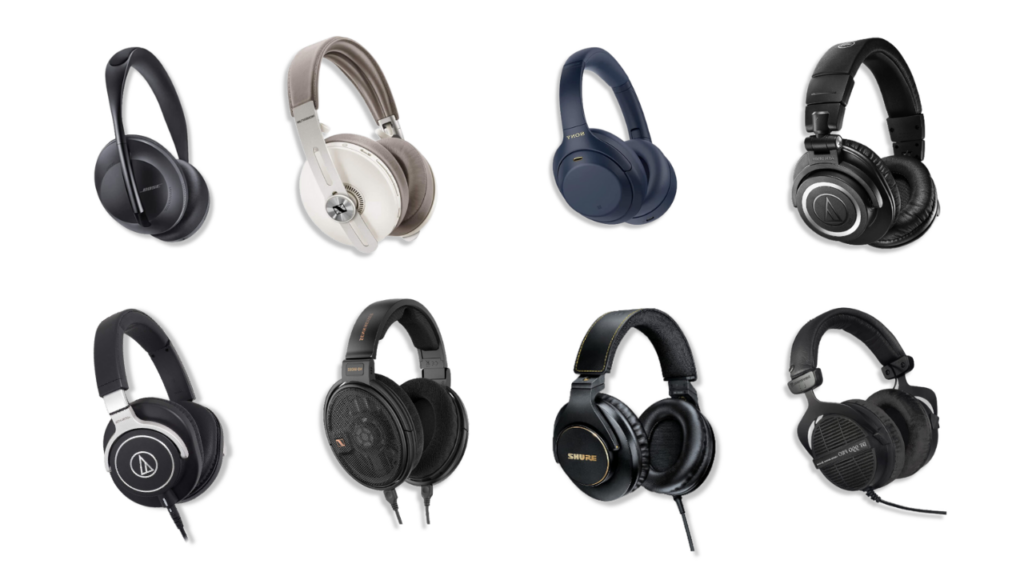
When choosing between a 3.5mm vs USB headset, it all comes down to your preference. If you’re looking for a simple, reliable option with the highest sound quality, a 3.5mm headset is likely the best choice. However, a USB headset might be your better option if you need something more advanced with low latency and reduced interference.
Additionally, if you use multiple audio sources and need to switch between them easily, a USB headset might also be a better choice. When considering portability, both 3.5mm and USB headsets are quite portable, but USB headsets offer more flexibility due to their ability to connect to different devices more easily.
In terms of durability, 3.5mm headsets have been around for many years and tend to be built to last. On the other hand, USB headsets are slightly newer technology and may not last as long as their 3.5mm counterparts. Finally, regarding pricing, 3.5mm headsets are much cheaper than USB headsets.
Ultimately, there is no clear-cut answer as to which type of headset between 3.5mm vs USB headset is the “better” choice. It all depends on your requirements. Do you need something simple with the highest sound quality? Or do you require more advanced features like low latency and multiple audio sources? All of these factors will help you in making decision!
Conclusion
When choosing the right headset for your needs, it is compulsory to consider a few things. The sound quality and latency of 3.5mm headsets are usually better than USB headsets, while USB headsets often provide less interference and more compatibility with different devices.
USB headsets are also more portable and durable, but 3.5mm can offer better sound at a lower price. Ultimately, choosing a 3.5mm vs USB headset will depend on your budget, desired sound quality, portability, and compatibility with other devices.
We hope that our review has helped you decide on choosing the perfect headset for your needs.